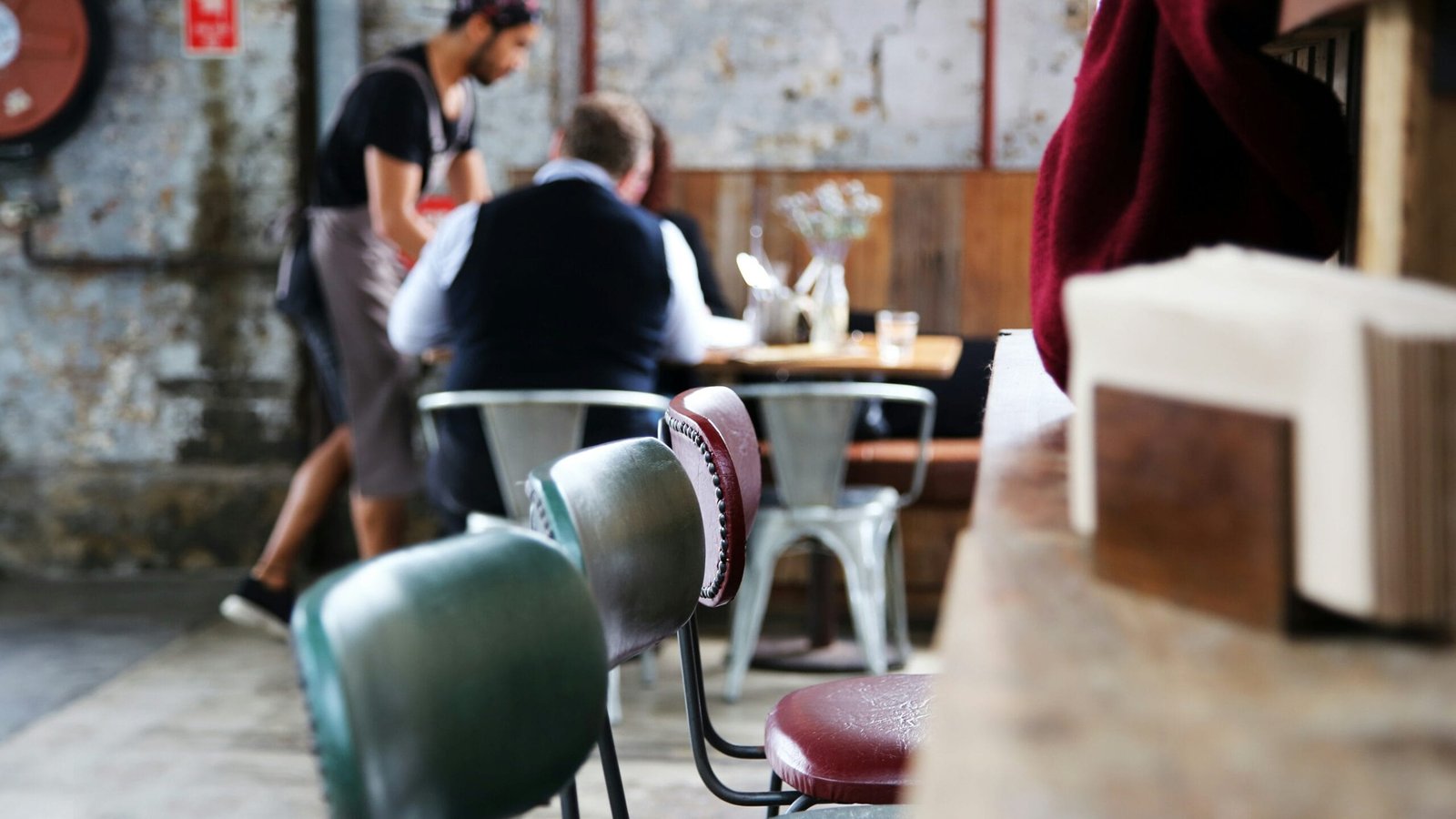Category: Travel and Events
Artificial Intelligence is revolutionizing the way we plan and experience travel. From finding the best deals to creating personalized itineraries,…
Defining the Terms: Traveler and Tourist When discussing the concepts of ‘traveler’ and ‘tourist,’ it is essential to understand the…
Understanding the Key Differences: Hotels vs. Lodges When planning a travel adventure, understanding the differences between hotels and lodges is…
Understanding Hotels: What Are They and Why Choose One? Hotels are commercial establishments that provide lodging, meals, and various guest…
Understanding Lodges: What Are They? Lodges are a distinct category of accommodation characterized by their rustic charm and intimate settings.…
Clickadilla 101: How to Get Started Clickadilla is a popular online advertising platform that connects advertisers with publishers. If you’re…

Introduction Travelers and event organizers often find themselves at the crossroads of choosing the perfect accommodation or venue. The decision-making…

